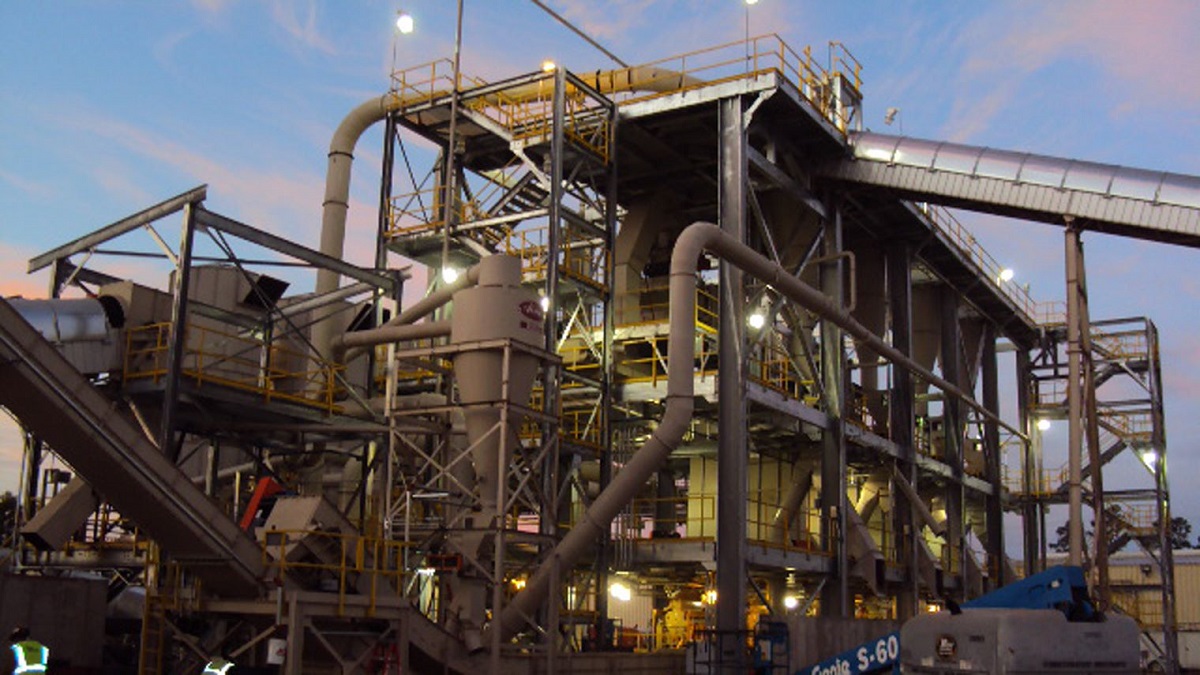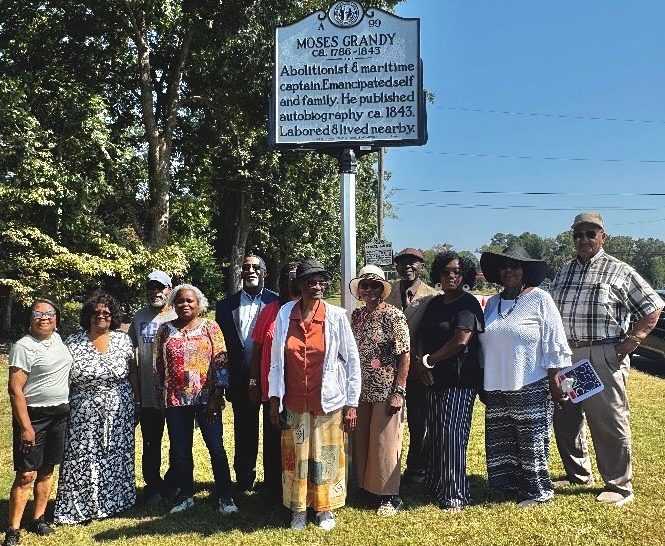
Enviva, a wood pellet producer with a huge economic and environmental footprint in North Carolina, is teetering on the edge of financial collapse.
In a continuation of months of bad financial news for the multinational corporation, Fitch Ratings, a global credit-rating agency, last week downgraded Enviva Inc.’s default rating and unsecured debt rating, reflecting a missed interest payment on Jan. 16 of $24.4 million.
Supporter Spotlight
“This development follows worsening operating losses and Enviva’s announcement last fall of substantial doubt regarding its ability to continue as a going concern,” Fitch said in its Jan. 19 report. “Considerable uncertainty exists regarding Enviva’s ability to renegotiate uneconomic customer contracts entered into 4Q22 and the company’s related $300 million liability.”
Enviva is now in a 30-day grace period, the report said. If the interest is not “cured” next month, it said, the company is at risk of default and also is vulnerable to further rating downgrades.
“Obviously, they are in dire straits,” Scot Quaranda, communications director with Dogwood Alliance, an Asheville-based environmental group and major critic of Enviva, said in a recent interview. “They bet on their own future in the futures market and they failed.”
But it’s not yet known what the impact of the Maryland-based company’s fiscal woes could be to the state and the rural communities where thousands of workers are employed.
Bryant Buck, executive director of the Mid-East Commission, which provides support to local governments in Hertford, Bertie, Martin, Beaufort and Pitt counties, said he had not heard that Enviva was having financial difficulty, but he said the potential of job cuts or operation downsizing is a concern.
Supporter Spotlight
“Any business loss in Hertford County certainly sparks my interest,” he said. “We want to do everything we can from our role in helping them. We really want to keep our economy going in all of our regions.”
An Enviva spokeswoman declined to elaborate on the company’s situation.
“At this time, we have no further comment beyond the information that is already publicly available on our IR website,” Maria Moreno, Enviva’s vice president of communications and public affairs, said in an emailed response to Coastal Review.
According to Enviva’s website, manufacturing plants in North Carolina, which are operated around the clock, seven days a week, are located in Ahoskie, Hertford County, where the permitted annual production capacity is 410,000 metric tons; in Garysburg, Northampton County, with 750,000 metric tons of permitted capacity per year; and in Faison, Sampson County, with 600,000 metrics tons permitted per year. Each of those sites store and ship the wood pellets from the Port of Chesapeake, Virginia.
An additional site in Hamlet, Richmond County, is permitted to produce 600,000 metric tons per year, but those pellets are stored and shipped from the Port of Wilmington.
Other Enviva plants in the Southeast are in Georgia, Mississippi, Florida, South Carolina and Virginia.
Elly Cosgrove, communications manager at North Carolina Ports, redirected questions about the business’s shipping to the company.
“Enviva has been a long-standing tenant at the Port of Wilmington and remains current on all their payments,” she said in an email response to Coastal Review. “We can only speak to the lease as we are the lease holder.”
As a result of the European Union’s Renewable Energy Directive issued in 2009, biomass — such as wood pellets — was classified as a renewable energy. That decision spurred rapid growth of the pellet industry in the U.S., largely in the Southeast.
Enviva describes itself as “the world’s largest producer of sustainable wood pellets, a renewable alternative to coal,” and a “global energy company specializing in sustainable wood bioenergy.” It also characterizes burning wood pellets as “a low-carbon alternative to fossil fuels.”
But the global environmental community contends the industry is, if anything, a prime example of greenwashing, with its practice of clearcutting forests and creating air pollution.
“I can’t think of anything that harms nature more than cutting down trees and burning them,” William Moomaw, professor emeritus of international environmental policy at Tufts University, said in a July 2021 CNN article.
A November 2022 class action lawsuit against Enviva filed in U.S. District Court in Maryland by stockholders accuses the company of misrepresenting the environmental impact of its business as well as its financial integrity.
“Specifically, Defendants made false and/or misleading statements and/or failed to disclose that: (i) Enviva had misrepresented the environmental sustainability of its wood pellet production and procurement; (ii) Enviva had similarly overstated the true measure of cash flow generated by the Company’s platform; (iii) accordingly, Enviva had misrepresented its business model and the Company’s ability to achieve the level of growth that Defendants had represented to investors; and (iv) as a result, the Company’s public statements were materially false and misleading at all relevant times.”
Despite the legal challenge, the company had around the same time announced plans to expand its footprint in the Southeast.
In 2022, Enviva applied to the state to expand production at its Ahoskie site by a third, to 630,000 tons a year.
Environmental justice advocates fought the proposal, saying that the facility was already polluting the air of the small community, which has a large population of Black residents.
In Feb. 2023, the state Department of Environmental Quality issued a modified permit to the facility that made expansion dependent on installation of new air pollution control devices to “substantially reduce emissions of volatile organic compounds, or VOCs, and hazardous air pollutants, or HAPs. This equipment includes a regenerative thermal oxidizer and a regenerative catalytic/thermal oxidizer.
Ahoskie, which was Enviva’s flagship site, has been operating since 2011. Over the years, the state has provided incentive funds, including grants, to several of the sites.
The most recent report Enviva filed in 2022 with the North Carolina Department of Commerce, a requirement of businesses that receive incentive funds, did not reveal any compliance issues, said communications director David Rhoades.
Still, the department is concerned, he said, with “any employer” and its workers in the state.
“We’re aware of the press reports and we monitor performance on a regular basis,” Rhoades said about Enviva.
Kevin Patterson, interim Hertford County manager, said that the county had not received a required notification of any layoffs at the Ahoskie plant, making it difficult to anticipate potential impacts to the community.
“Until we have an idea of what may or may not happen, it’s hard to know what a projection would be,” he said.
But for the time-being, Enviva’s standing, is on shaky ground.
According to a recent USA Today Network article, the company’s stock price has plummeted from about $87 a share in April 2022 to about 80 cents a share in January 2024. Quaranda, with Dogwood Alliance, said it’s possible that Enviva could completely shut down, or the company could find a way to renegotiate its contracts, among other adjustments.
“Without any kind of regulatory pressure to do things right, it’s hard to believe that they’ll not do whatever it takes to remain solvent,” he said.
But the industry has always been “a house of cards,” Quaranda said.
“It’s a false premise to cut down a bunch of trees, burn it, and call it renewable energy,” he said.







